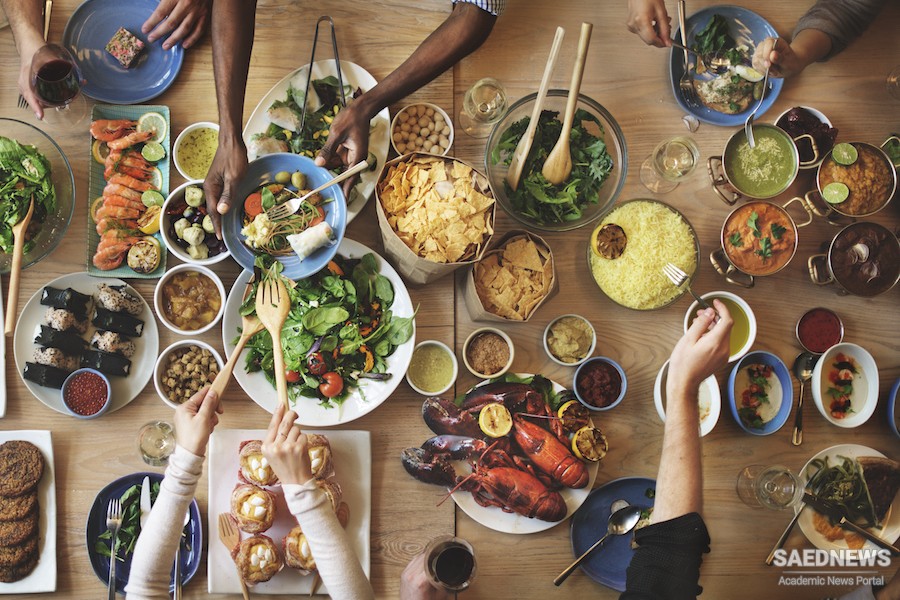In other words, culture refers to the ways in which people, as a group, think and act. Thus, the term food culture describes the ways in which a particular group of humans thinks about food and how they cook and eat that food. The cooking and dining practices of a particular food culture are collectively called its foodways.
Culture is considered part of civilization. Civilization refers to a group’s relative state of advancement, typically measured by achievements in science, technology, art, government, and spirituality. Civilizations that have progressed slowly and relatively little (usually in regard to science and technology) are called primitive civilizations.
Primitive civilizations typically lack the technology to have achieved a stable and abundant food supply. They spend most of their time searching for food, and when they obtain food, it is prepared quickly, simply, and without much thought. The act of preparing food in this way is generally referred to as cooking.
One marker of an advanced civilization is that it has achieved a stable and reliable food supply, and specialization of labor has progressed to the point that some of its members have leisure time and wealth. Leisure gives people the opportunity to spend time thinking about food and cooking and to care about how their food tastes. They have time to cook more complex dishes and experiment with seasonings and flavor combinations. They practice preparing these dishes and try to make them better each time.
In this situation one group member’s cooking style will be fundamentally similar to that of the others because all use the same basic ingredients and share ideas. The group keeps records of its cooking, either orally or as written recipes, and thus passes its knowledge and techniques along to new generations. Wealth allows people to purchase fine ingredients, to travel in search of new ingredients, and to pay professional cooks to create a repertoire of culinary masterpieces. At this point, cooking becomes cuisine. Thus, cuisine can be defined as skilled, thoughtful, refined cooking belonging to a particular style.
Food cultures and their resulting cuisines are based on three elements: ingredients, cooking methods, and attitudes about food, cooking, and eating.


 History Creates Cuisine
History Creates Cuisine














































